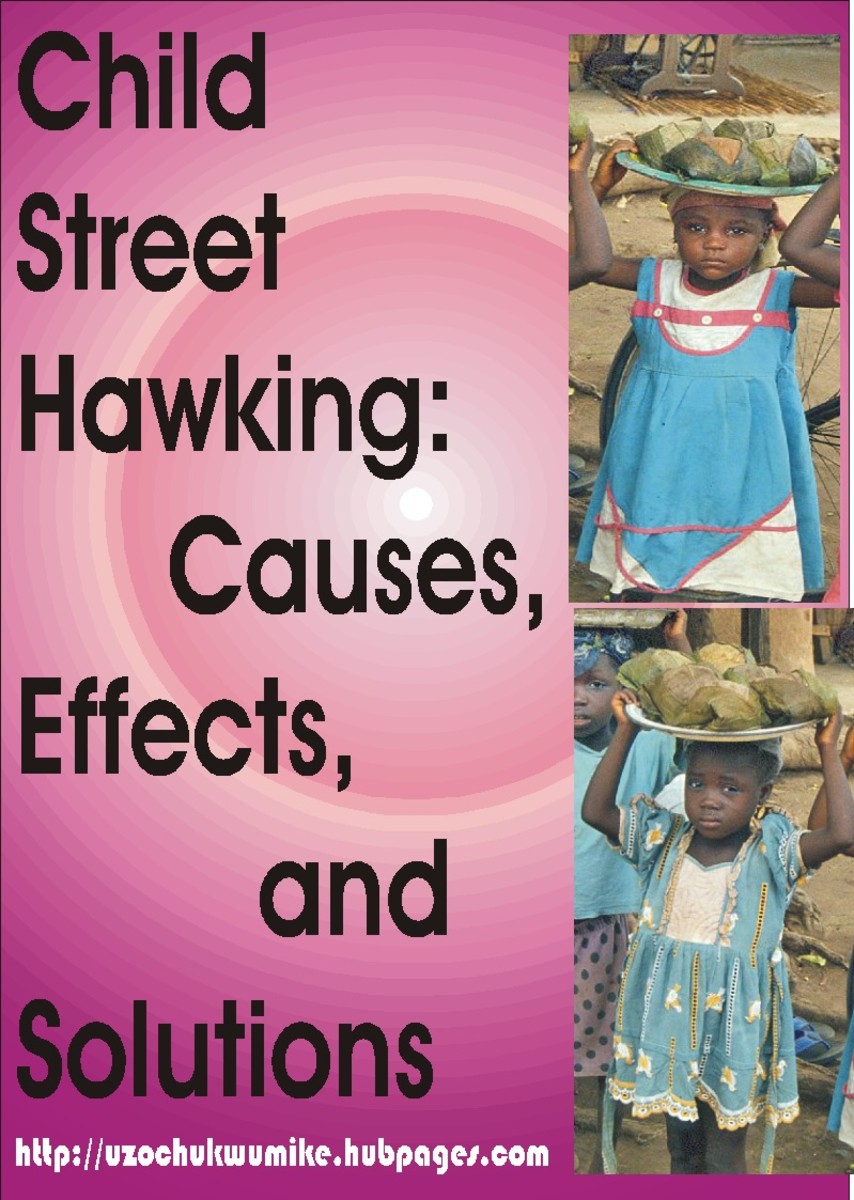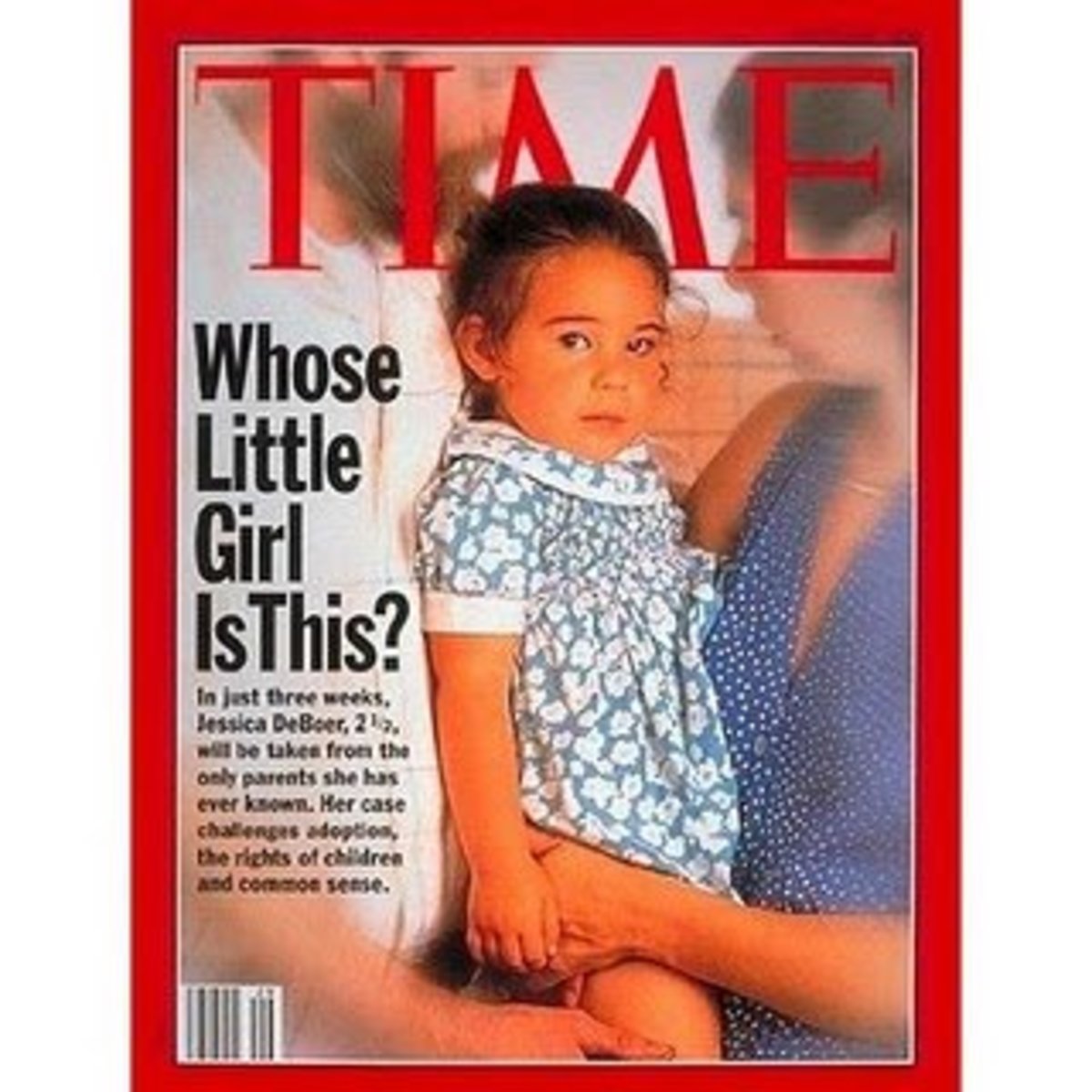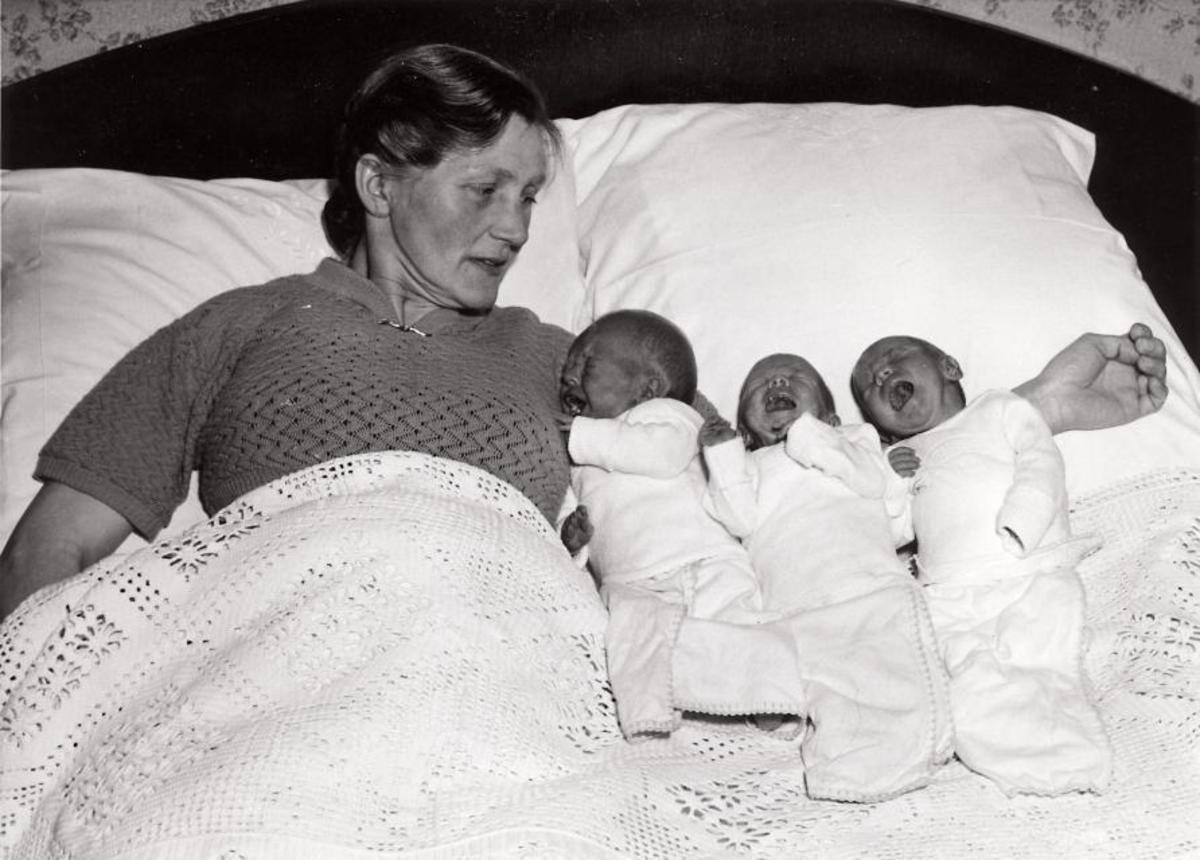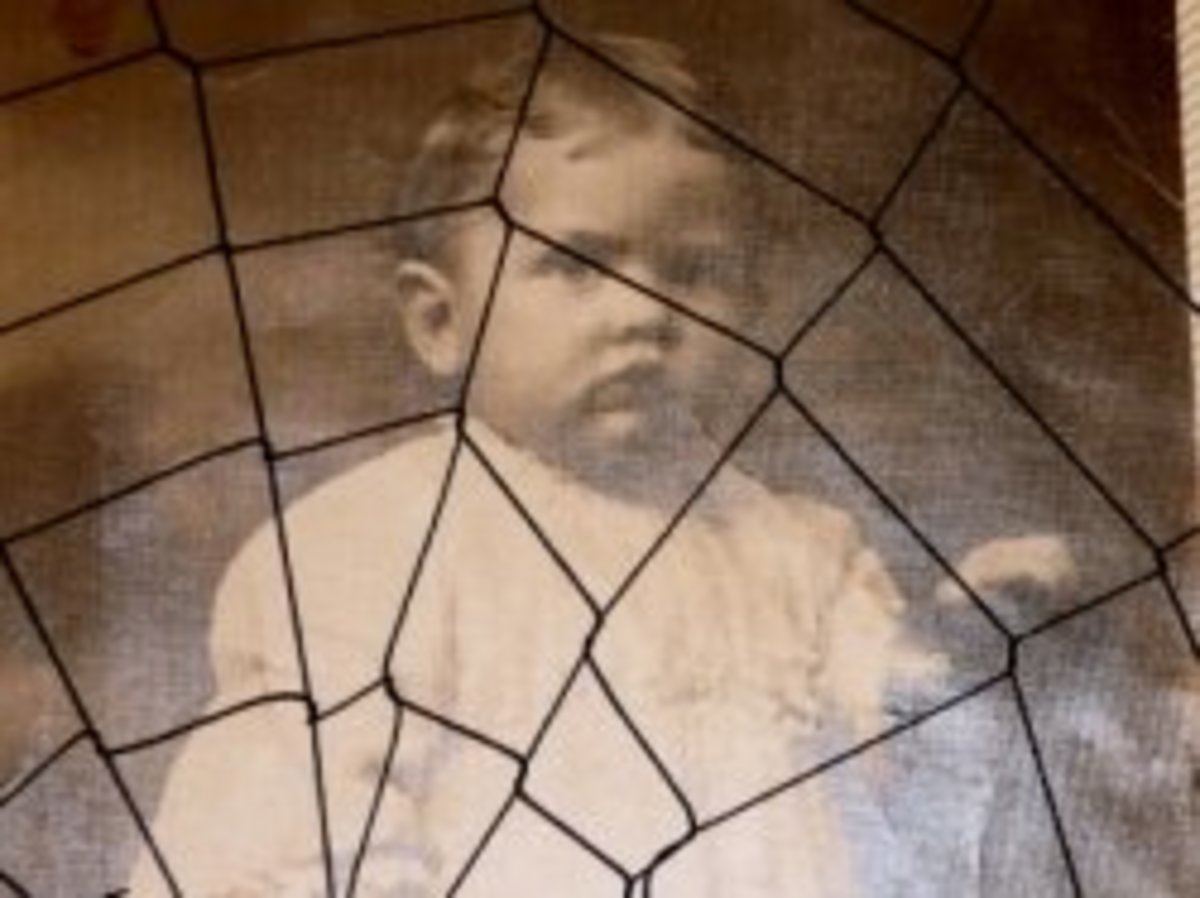Adoption – a Lifetime Commitment
I depend on you
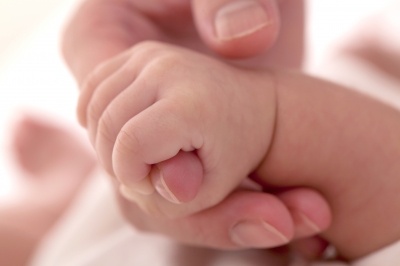
Adoption is described by Wikipedia as “a process whereby a person assumes the parenting for another and, in so doing, permanently transfers all rights and responsibilities from the original parent or parents.”
A small, simple definition, for a huge, complex act.
Adoption changes everything. It changes the life of both the future parents and the one of the child.
From an optimistic view, adoption cannot be but positive. Happy parents that complete their family, happy children that find love and caring from affectionate adults.
But as realistic, down-to-earth adults, we all know things are not always what they seem to be and that no situation is perfectly positive, much less one that involves a child having to be let go by his birth parents, no matter the reasons.
As a general rule, the adoptive parents have to prove themselves worthy of becoming guardians for another human being. As a general rule, the ones that supervise the process are fully capable to do it.
But, what about the particular cases?
Although is has probably been overused when it came to examples about the negative sides of adoption, this is probably the best example to pinpoint how bad it can all end: the case of Artyem Saviliev aka Justin Hansen by his new adoptive name. Long story short: the seven year old boy was adopted from Russia by an American family. After six months of caring for the child, the mother sent him by himself on a plane back to Russia and hired through an online service a driver to “welcome” and bring him to the social services in Moscow.
The episode sent major shock waves throughout the world and determined Russian authorities to make a huge decision: they temporarily stopped US adoption.
This example is extreme and has probably only happened because – no matter how unable to relate to the child behavior she was – the mother was probably mentally unstable or just plain retarded (she stated to have been advised by an online lawyer to do what she did) or really both. The reasons for letting go of the young boy, were, as she said, his violent outbursts and the fear that he might hurt someone in the family. As we have no prove of her words being true or not, it's a very easy judgment call fro anybody to see that the way she decided to cope with the whole situation was horrible. When you find a person that struggles to walk and find it difficult to wait for it to keep up with you, you don't smack his feet with a bat to make him stop following you. So why would one abandon in such a brutal, inhumane matter a child who's behavior, if true, only came from the past treatment he received by his fellow human kinds. She only made it ever harder for that kid to ever be normal again, after having been put through the traumatizing event.
Now, obviously this is a case with a very unusual twist. But unhappy endings to adoption, though not so dramatic as the above mentioned one, are not a rare event.
This only proves that a human's personality and capability of becoming a parent cannot be easily determined and not even themselves can fully be aware of the extent to which they are ready to welcome a new unknown person in their lives.
The topic of negative outcomes from adoption relations is very complex and can only be fully understood by the professionals that deal with such cases and mainly by the people personally involved as adopting parents or adoptees.
But the most obvious one is the failure of the adoptive parents to cope with the variety of mental issues the children are prone to suffer from, because of their early age negative experiences. While in the natural process of being pregnant and having the baby after 7 – 9 months, giving the adults a long period to psychologically be prepared to become parents, in the case of adoption, the impact of having a new person in your life, can sometimes be highly difficult to cope with.
Especially in the cases of older children, they have a history of awful experiences, consisting of both physical and mental abuse by their birth family of orphanage co-inhabitants. And even though the loving environment they are suppose to meet in the new family should be a cure for their abused soul, the children are sometimes so damaged, they can't really control their reactions towards the new surrounding.
That's one major fact the adoptive parents should take note off before deciding to take this major step: no matter how sweet or calm the kid seems to be, you have to take into consideration the possible psychological injuries, and the invisible scars on their souls. Of course, some children are stronger or have not been exposed to the same poisoned environment, and their integration in the new family goes smoothly, but one always has to take into consideration the possibility of having to go through a lot to cure their baby.
In the same time, many parents jump into the adoption process without really weighting in all the implications that arise from it. Nobody is obliged to have children, If you don't feel 100% ready to have a child and to give him or her all the love and protection a parent should, maybe it is not the time yet for you to adopt or maybe it will never be. That child is not a pet (even though it has constantly been proved that pets also suffer from abandonment issues) and bringing him or her into your life only to later decide you are not able to deal with this role cannot be deleted just as easily as a resignation from a job.
This article is not by any means meant to discourage adoption but is a plea to adoptive parents to really think about how the future events are going to change their lives and the one of the children.
Enthusiasm is a good attitude to have in such a process, but love and a huge amount of patience are the traits no adoption ca go without. That baby is not taken to fill a gap in the family portrait, to solve marital problems or to meet social expectations. The baby becomes the son or the daughter, a person who depends on you on a huge level and one who's life cannot only be made better by financially investing in it.
All negative parts aside, taking a young person into your home, giving him/her love, protection, the sense of belonging, is a beautiful, beautiful thing. And it shouldn't be only done by people that don't have or cannot have children, on the contrary. Saving a person's life on this level is a miracle as big as the one of giving life to a child.
The perfect line to express the kind of relationship that should develop between the parents and the adopted baby:
“Being adopted only means that instead of growing in your mommy's belly, you grew in her heart”




